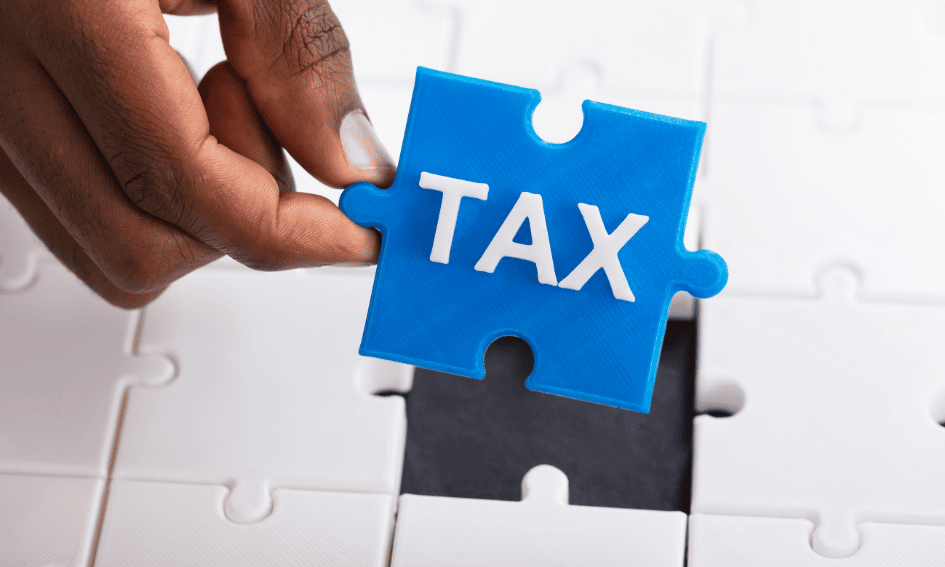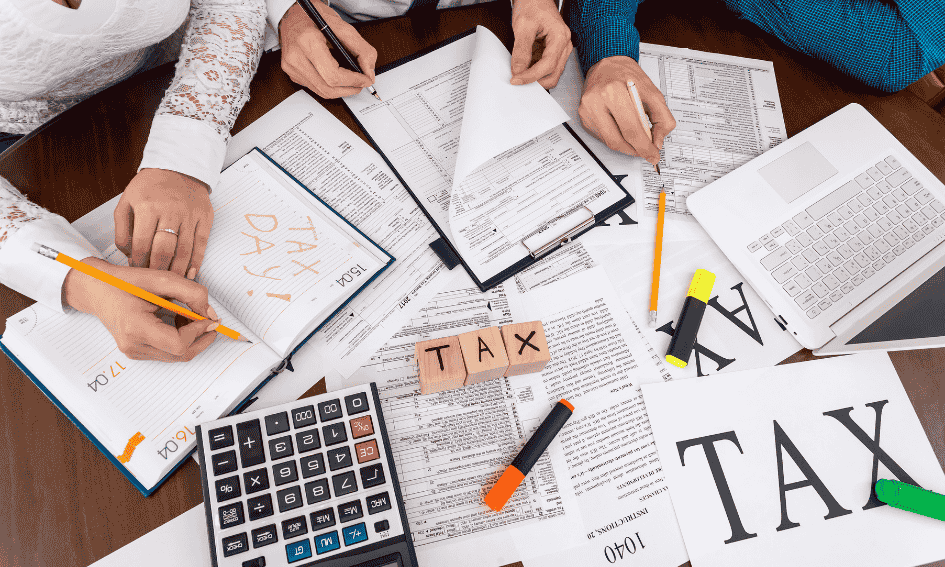Tax Policy on Personal House Rental in Vietnam
01 Oct, 2025

Tax policy on personal house rental in Vietnam is a key concern for both landlords and tenants, especially in Ho Chi Minh City’s dynamic rental market. Understanding the tax regulations on personal housing rental helps landlords maximize profits while ensuring legal compliance and minimizing risks. This article provides a clear overview of applicable taxes, exemptions, and the latest filing procedures.
Applicable Taxes on Personal House Rental
Under the tax policy on personal house rental in Vietnam, landlords are subject to three main types of taxes: Value Added Tax (VAT), Personal Income Tax (PIT), and the Business License Fee. These are clearly regulated under Circular 40/2021/TT-BTC and related laws.
Value Added Tax (VAT)
- A fixed tax rate of 5% applies to rental income.
- Landlords with annual rental income below 100 million VND are exempted from VAT.
- Legal basis: Article 4, Circular 40/2021/TT-BTC.

Personal Income Tax (PIT)
- PIT is levied at a rate of 5% on gross rental revenue.
- Only applicable if the landlord’s annual income is 100 million VND or more.
- Legal basis: Law on Personal Income Tax 2007 (amended 2012, 2014) and Circular 40/2021/TT-BTC.
Business License Fee
- Required for individuals renting out property, ranging from 300,000 to 1,000,000 VND per year depending on income level.
- Exempt if total rental income is below 100 million VND/year.
- Legal basis: Decree 139/2016/ND-CP and Decree 22/2020/ND-CP.
Tax Exemptions and Special Cases
Not all rental activities are fully subject to taxes. Vietnamese tax regulations provide certain exemptions and special cases to ease the burden on landlords.
Rental Income Below 100 Million VND per Year
- Landlords earning less than 100 million VND annually are exempted from both VAT and PIT.
- This threshold is stipulated in Circular 40/2021/TT-BTC.
Short-Term Rentals
- Rental agreements shorter than 183 days may be assessed differently depending on the contract.
- However, landlords are still required to declare income so that the tax authority can determine obligations accurately.
Rentals via Online Platforms
- Income from platforms such as Airbnb or Booking remains taxable under Vietnamese law.
- In some cases, the intermediary platform may withhold and remit taxes on behalf of the landlord.
Tax Declaration and Payment Procedures
Renting out a personal house in Vietnam also requires proper tax declaration and timely payment. The basic procedures, as set out in Circular 40/2021/TT-BTC, include the following steps:
Registration
- Landlords must have a personal tax identification number to fulfill tax obligations.
- If not yet registered, this can be done at the local tax office where the rental property is located.
Filing
- Landlords may file taxes themselves or authorize the tenant (if the tenant is an organization or company) to file and pay on their behalf.
- Required documents include: the lease contract, landlord’s ID, and the official tax declaration form.
Payment
- Taxes are usually paid on a quarterly or yearly basis, depending on the rental contract and income level.
- Payments can be made directly at the state treasury, through banks, or via the electronic tax payment system.
- Deadlines are generally within 30 days from the date the obligation arises.
Key Considerations for Foreign Landlords
Foreign landlords need to pay extra attention when renting out property in Vietnam, as certain rules differ from locals.
Ownership and Rental Rights
- Under the Law on Housing 2014, foreigners are allowed to own apartments or houses in eligible commercial housing projects.
- Legally recognized foreign owners may lease out their properties but are subject to the same tax obligations as Vietnamese individuals.
Tax Filing and Documentation
- Tax declarations can be submitted in both English and Vietnamese to minimize errors.
- It is essential to keep lease contracts, invoices, and tax receipts for compliance and inspections.
Professional Assistance: For complex cases, foreign landlords are advised to seek help from accounting firms or legal advisors to ensure compliance and avoid potential penalties.
Conclusion
Personal house rental in Vietnam, particularly in Ho Chi Minh City, offers great income opportunities but comes with clear tax obligations. Landlords must understand the three key taxes: VAT, PIT, and the business license fee, along with exemptions and filing procedures as regulated under Circular 40/2021/TT-BTC. For foreign owners, legal compliance is even more critical to secure long-term benefits and avoid risks.
If you are looking for a transparent and legally compliant solution to rent or lease property in Ho Chi Minh City, contact VnRenthome for full support — from legal guidance to complete rental services.

